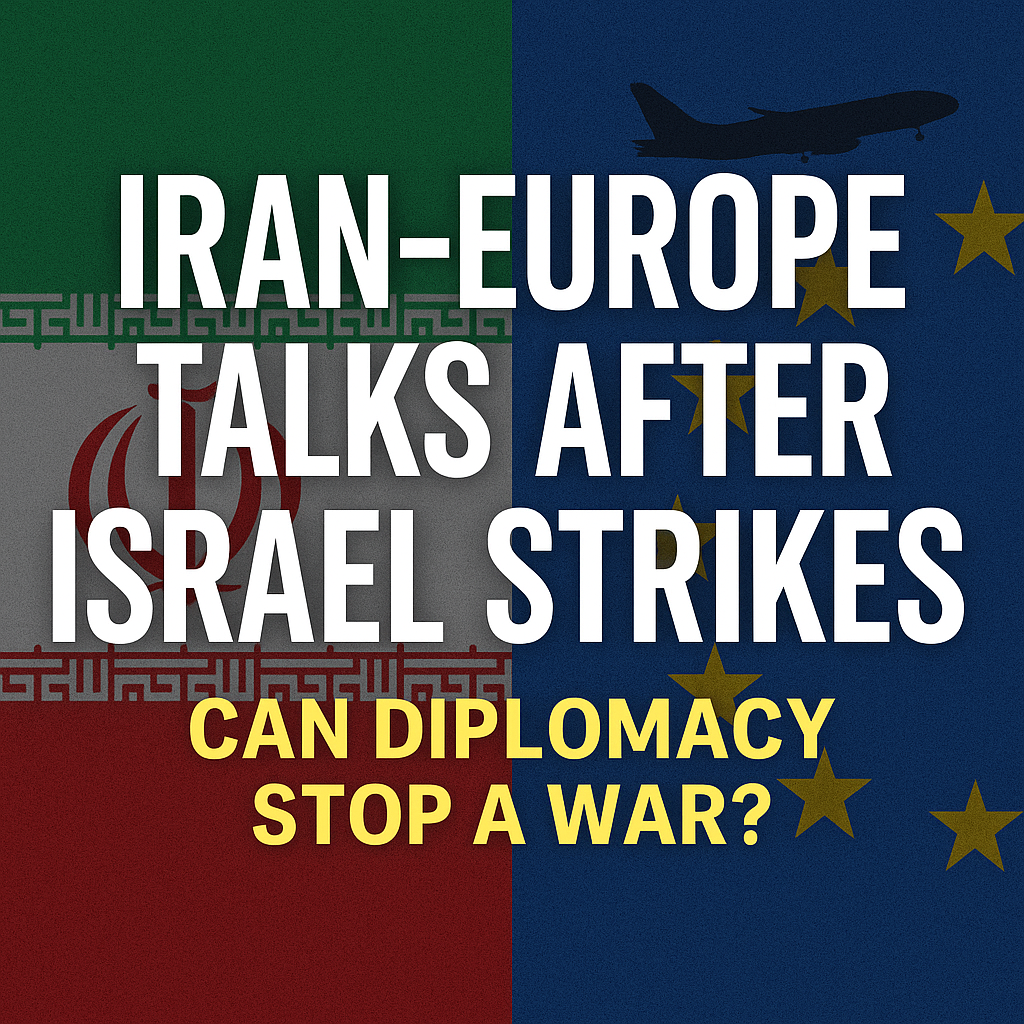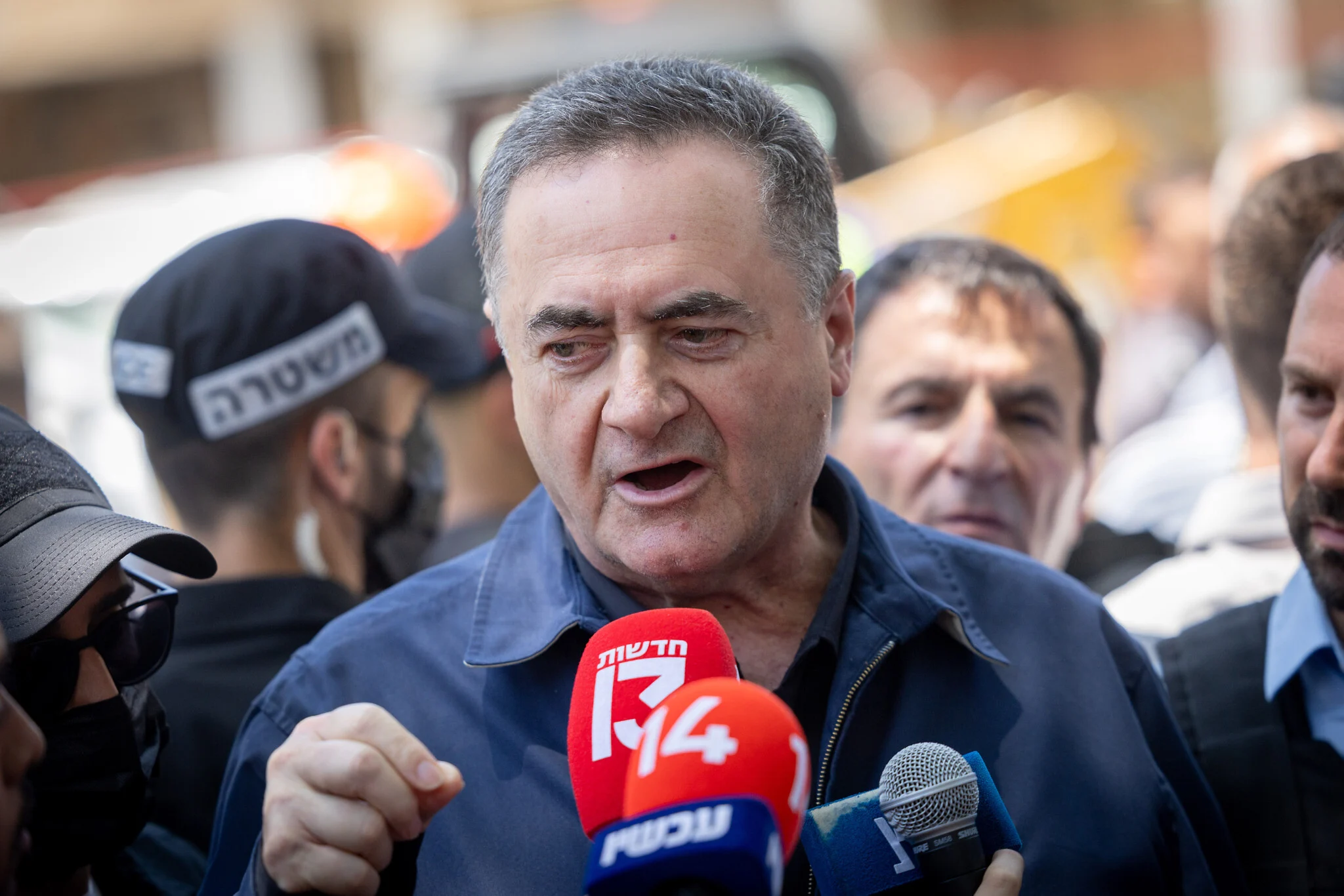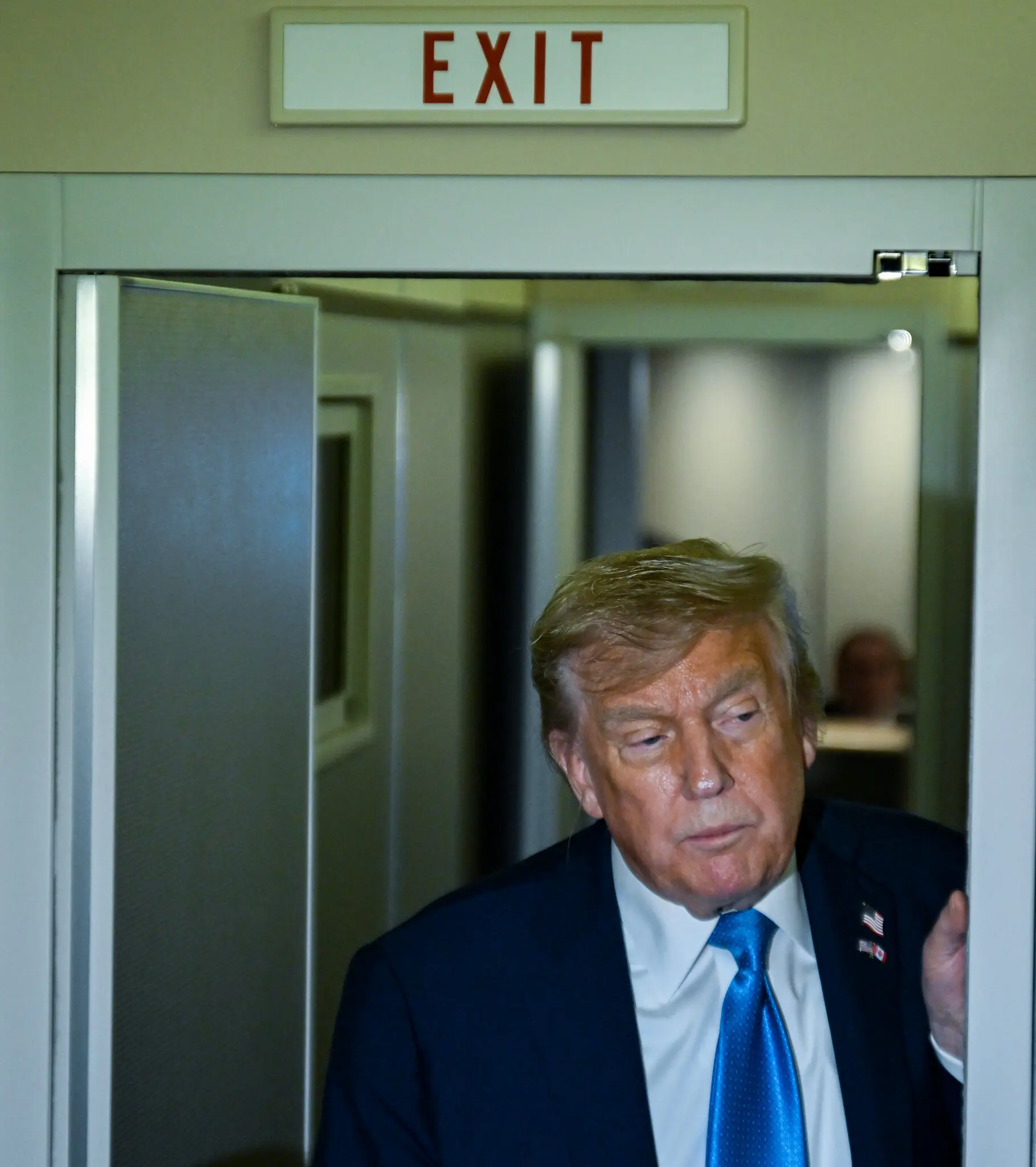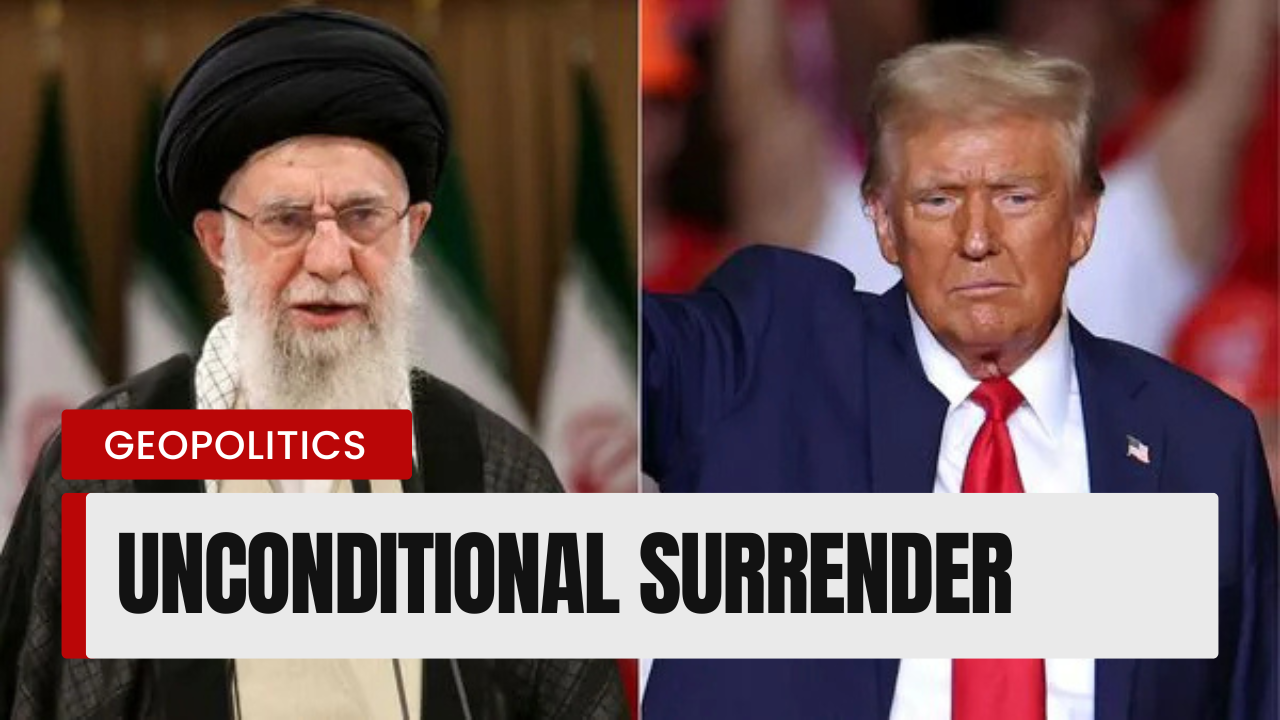Iran Europe Talks After Israel Strikes have begun in Geneva as global powers scramble to prevent a wider Middle East war. Just days after Israel launched a barrage of missile strikes on Iranian military and nuclear sites, Iranian and European leaders are meeting for the first time to discuss de-escalation, transparency, and future diplomatic steps.
Iran–Europe Talks After Israel Strikes Begin in Geneva
In Geneva on Friday, Iran’s Foreign Minister Abbas Araghchi convened with diplomats from the UK, France and Germany—the first direct high‑level discussion since Israel’s attacks on Iranian nuclear and military installations began around June 13. European leaders are hoping to chart a path back to diplomacy, even as Iran has ruled out U.S. involvement if Israeli strikes continue.
Context: Israel’s Assault and Iran’s Retaliation
Israel launched a pre‑emptive campaign targeting dozens of Iranian nuclear sites and missile infrastructure following intelligence warnings of an emerging nuclear threat. Iran retaliated with missile strikes that included civilian areas—most notably Soroka Hospital in Beersheba, injuring over 240 people. Iran maintains its defense as a reaction to Israeli acts, while Israel insists its operations are focused and pre-emptive, aimed at nuclear and missile capabilities.
Europe’s Diplomatic Goal: De-escalation, Not Just Deterrence
European leaders are arriving in Geneva under pressure from global capitals, most notably the U.S., which is reportedly “still deciding whether to join the attack” within a two‑week window. France’s Emmanuel Macron emphasized harnessing diplomacy to halt nuclear escalation. The U.K., France and Germany are urging Iran to show transparency and refrain from hyper-enrichment of uranium .
Iran, meanwhile, says it will not engage in nuclear talks while under Israeli assault—even though Foreign Minister Araghchi is attending the meeting—showing a mix of defiance and diplomatic readiness.
Global Context and Risk Factors
- U.S. stance is shifting: President Trump is reportedly weighing a two-week window for military options, including a potential strike on Iran’s Fordow enrichment facility.
- Russia has urged restraint, warning that attempts to target Iran’s leadership would “open Pandora’s box”.
- Australia and other nations are evacuating diplomatic staff from Tehran amid rising tensions.
Will Talks Matter? What’s Ahead
European diplomacy aims to draw a line before military escalation becomes irreversible. The Geneva talks could reignite heralded nuclear diplomacy, but Iran’s conditional participation—demanding an immediate cessation of attacks—limits scope.
🔍 Watch for:
- Any agreement to ceasefire or pause in Israeli strikes
- Clarifications from Iran about ongoing enrichment levels
- U.S. backup to European mediation, either military restraint or diplomat support
⚠️ Disclaimer
This is a factual summary based on publicly available reporting from Al Jazeera, Reuters, AP, The Guardian, and others. The author does not advocate any position; this is independent analysis.




